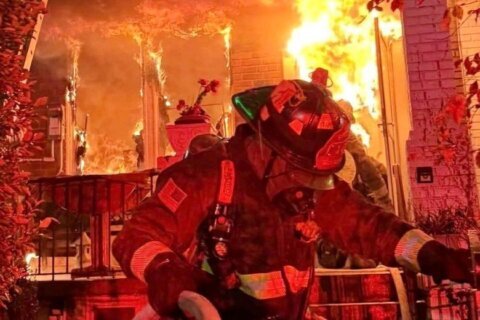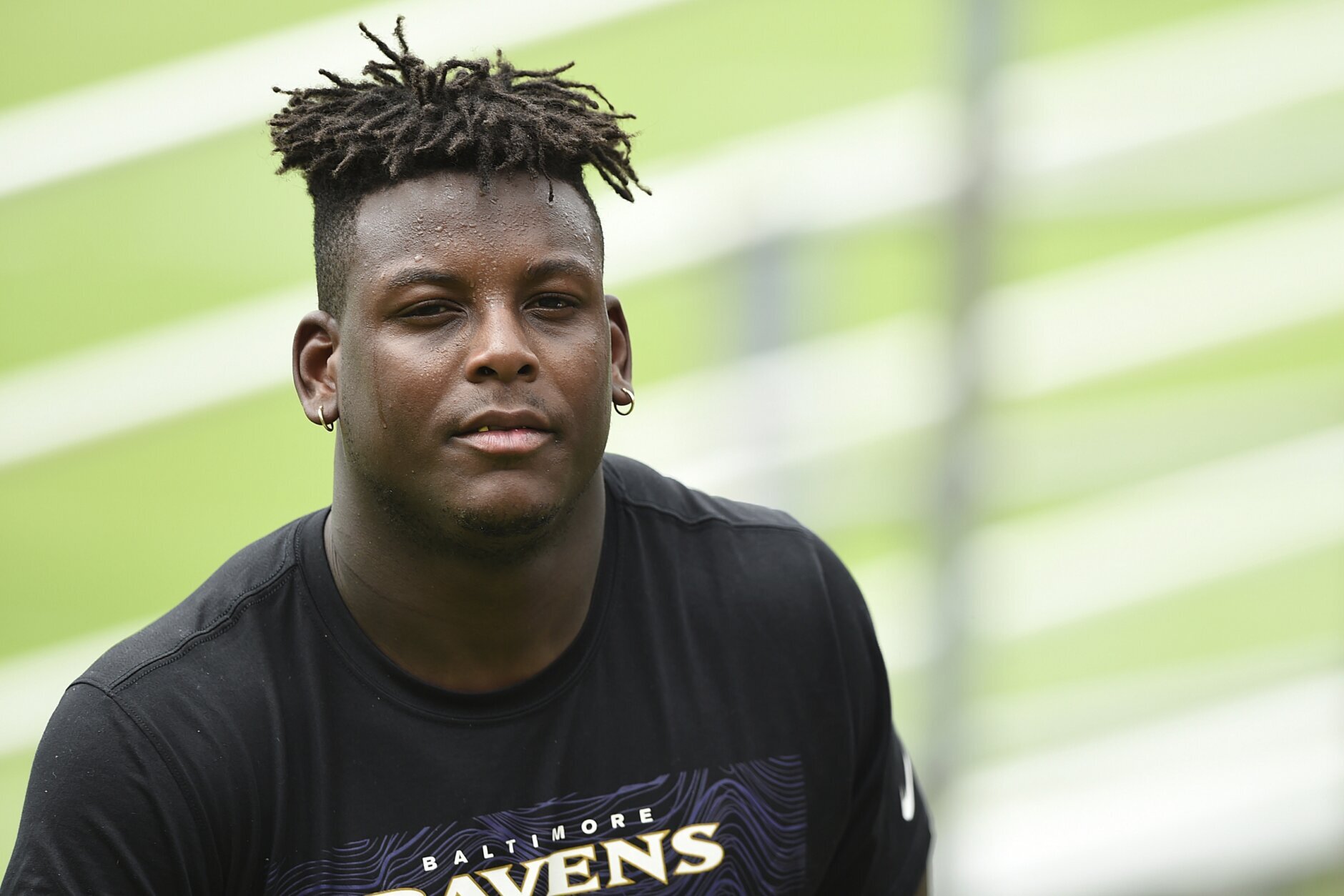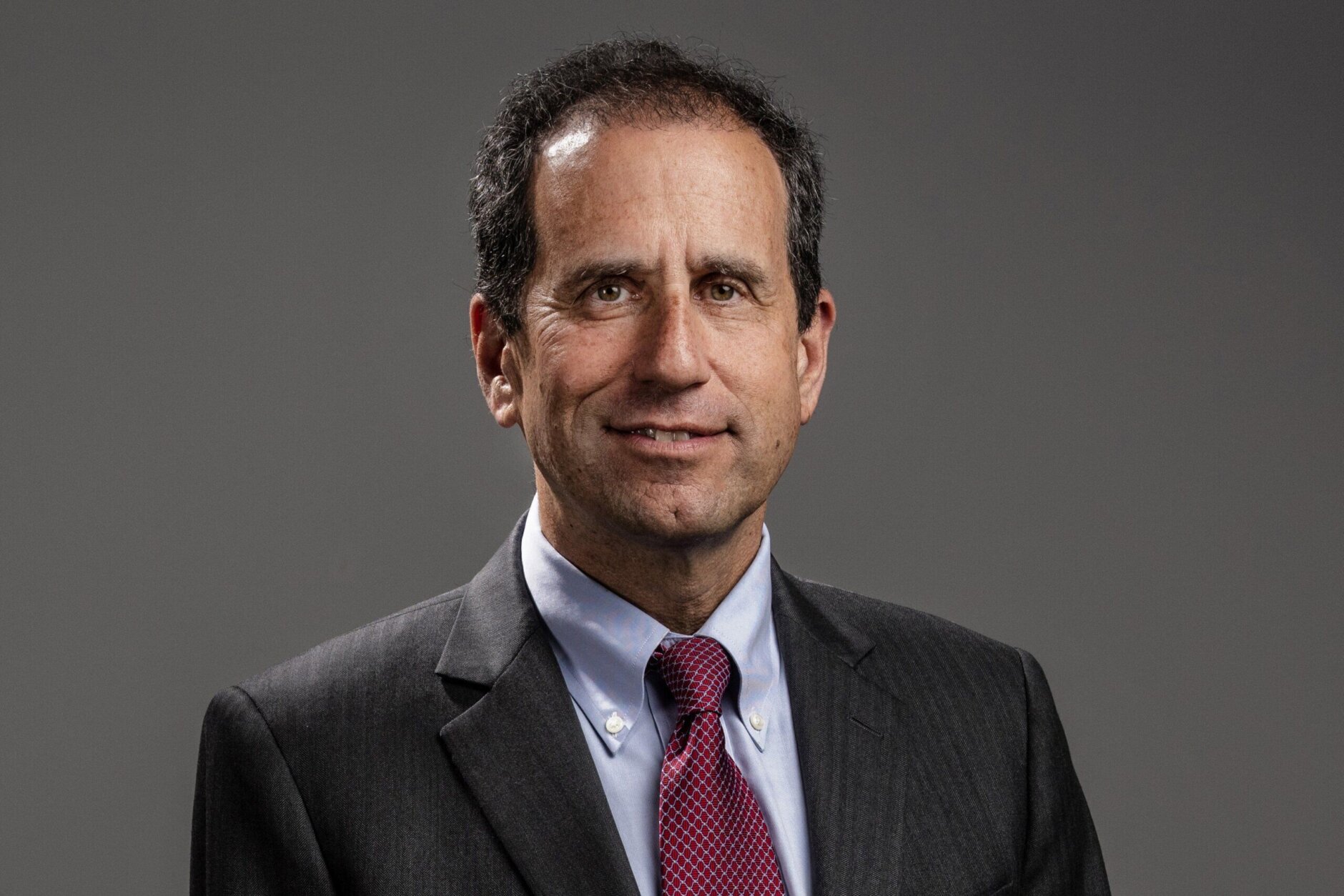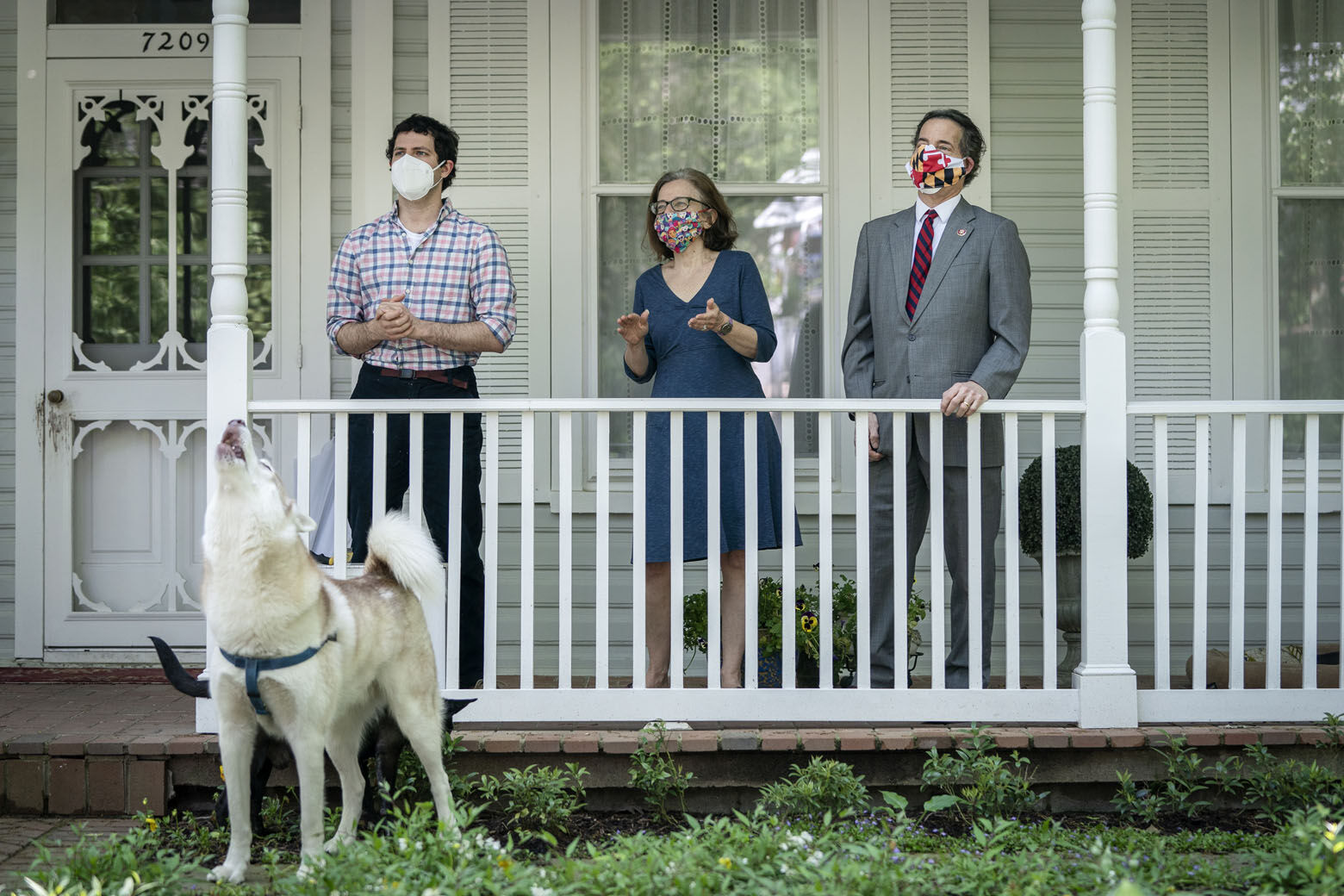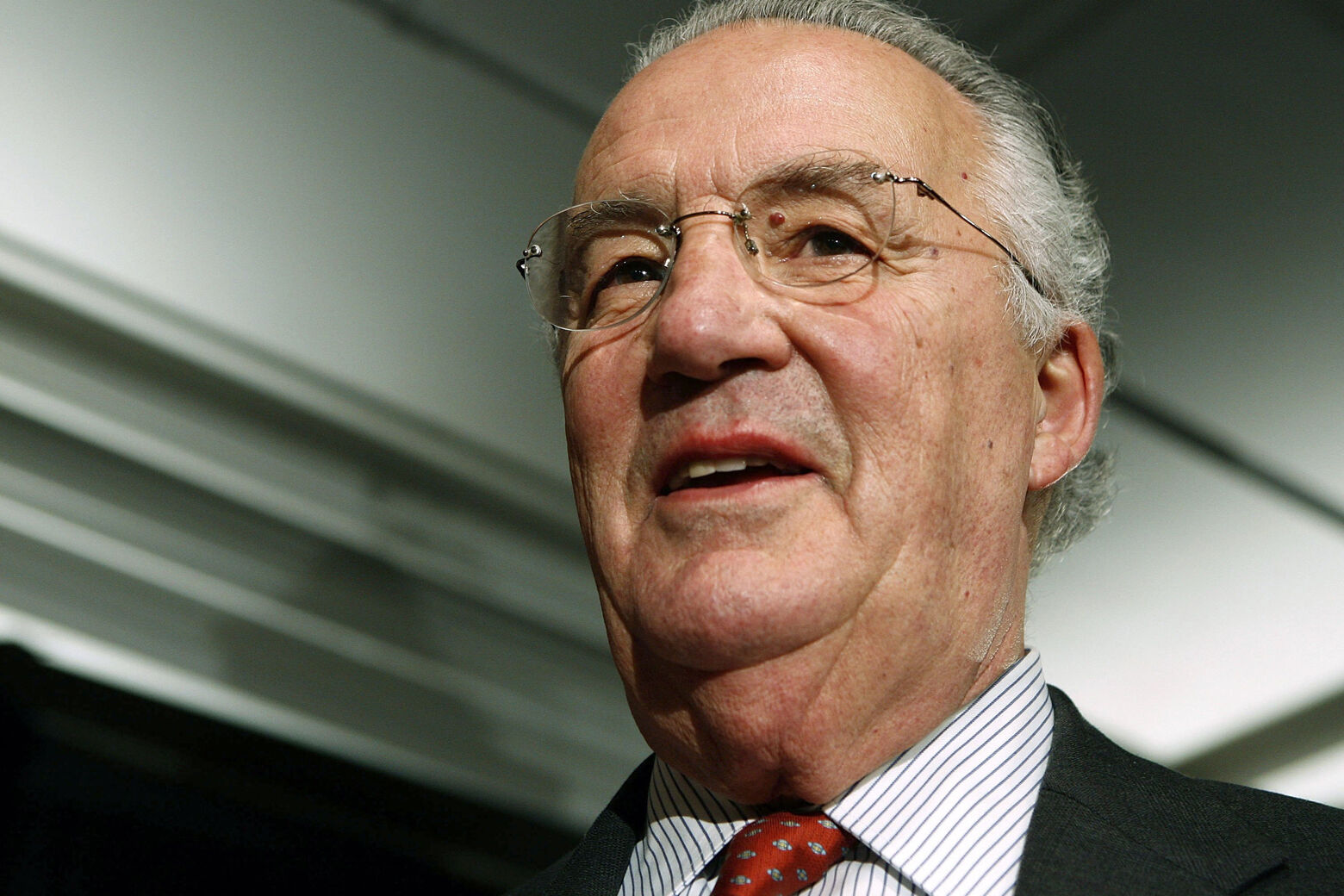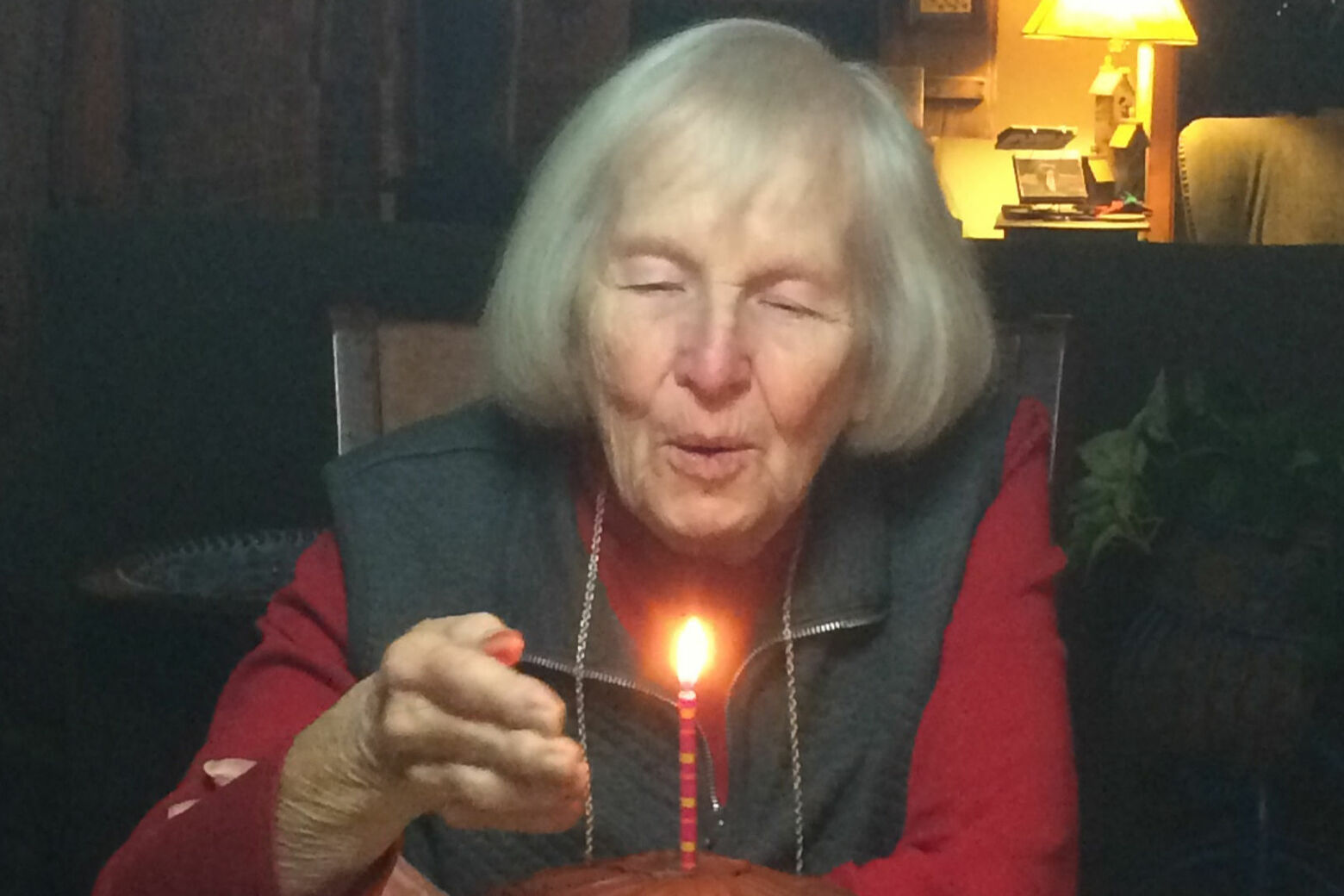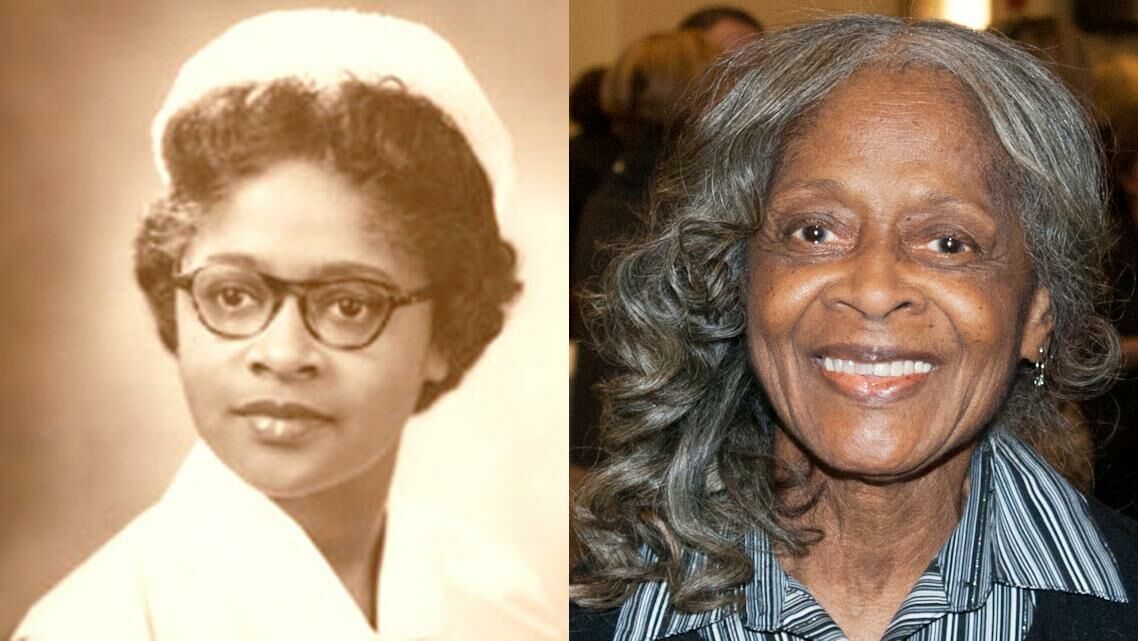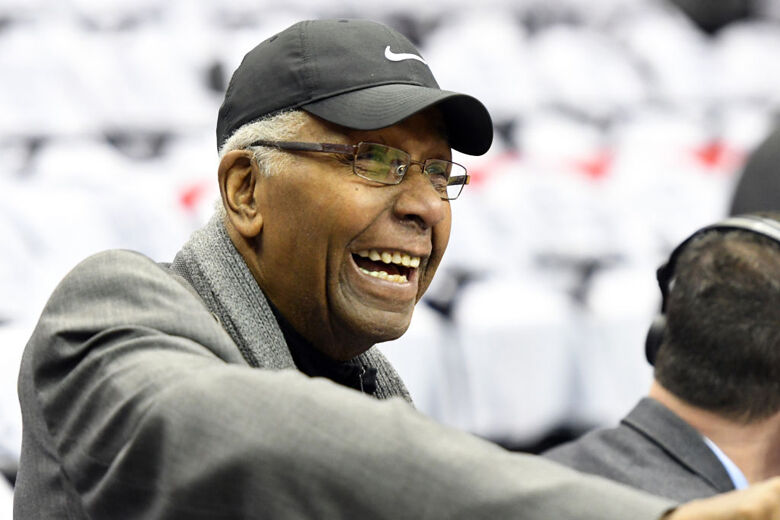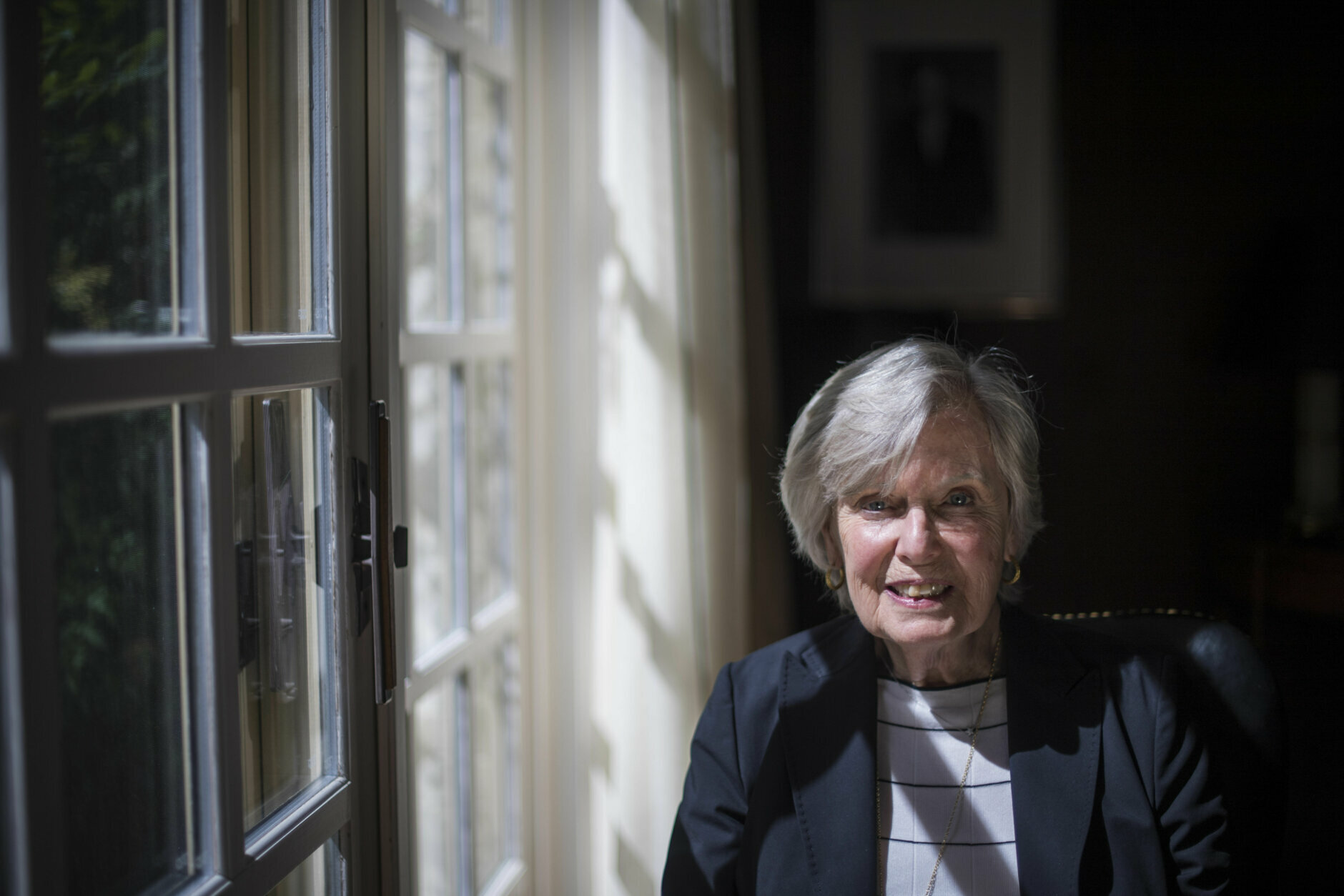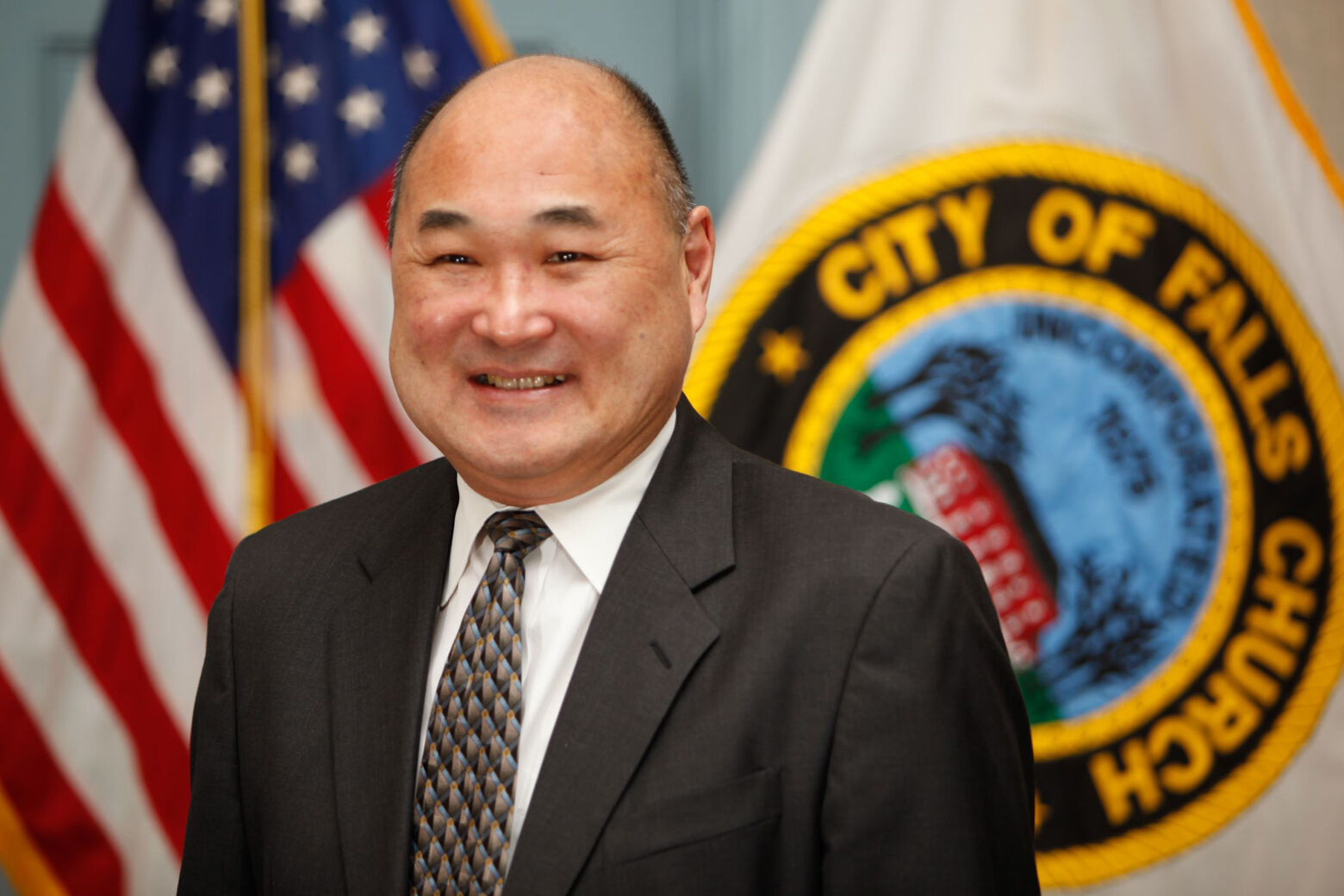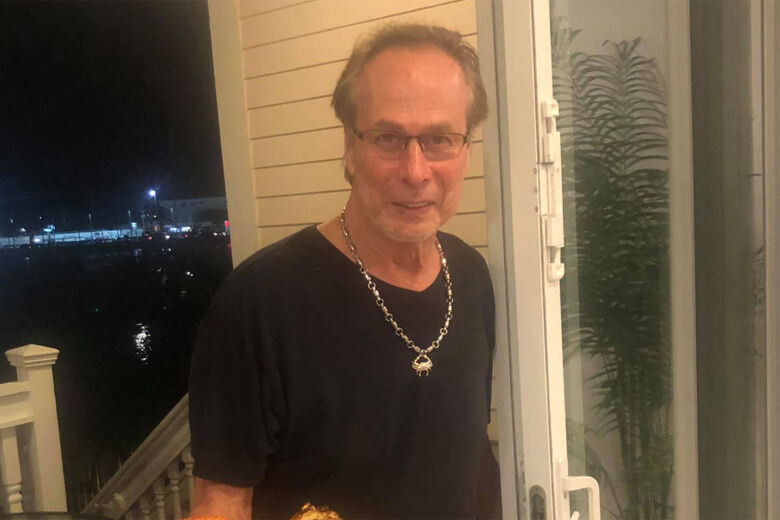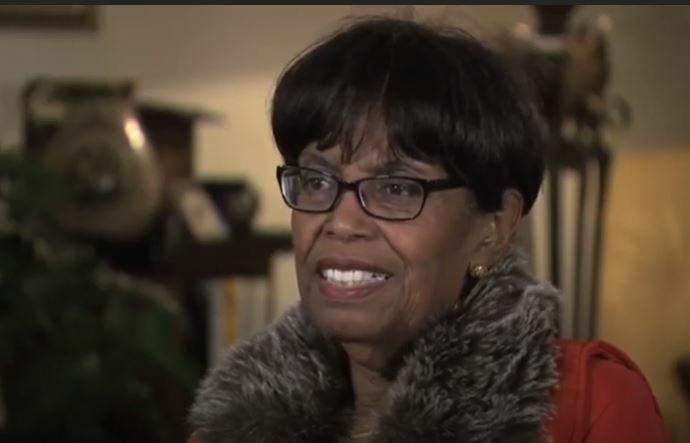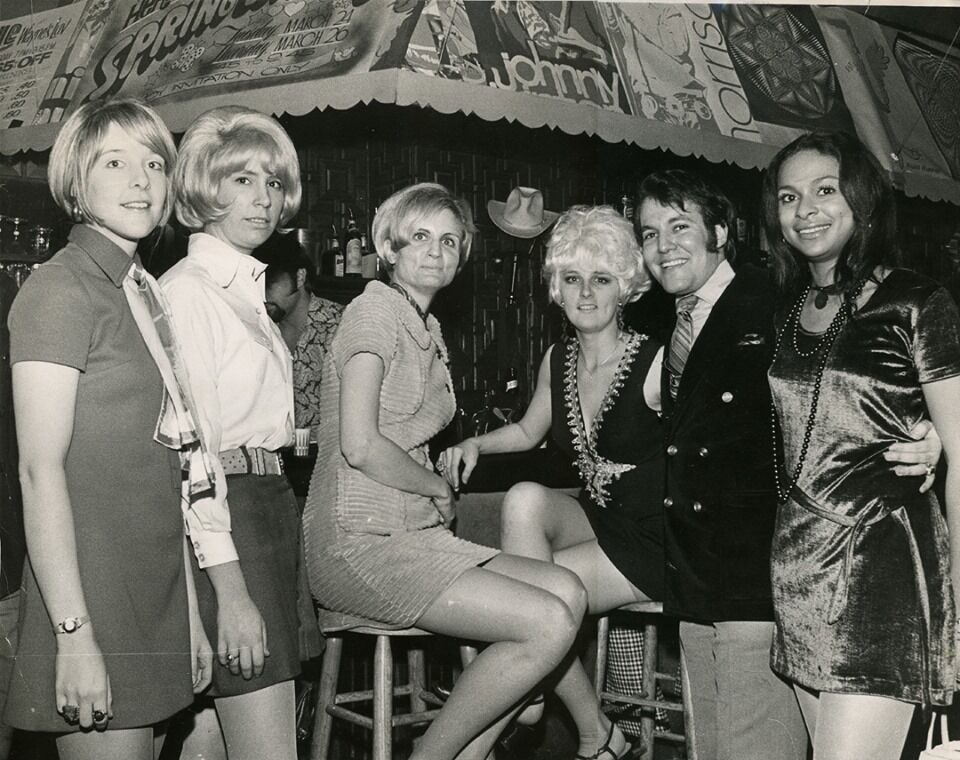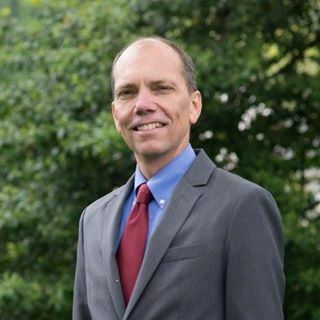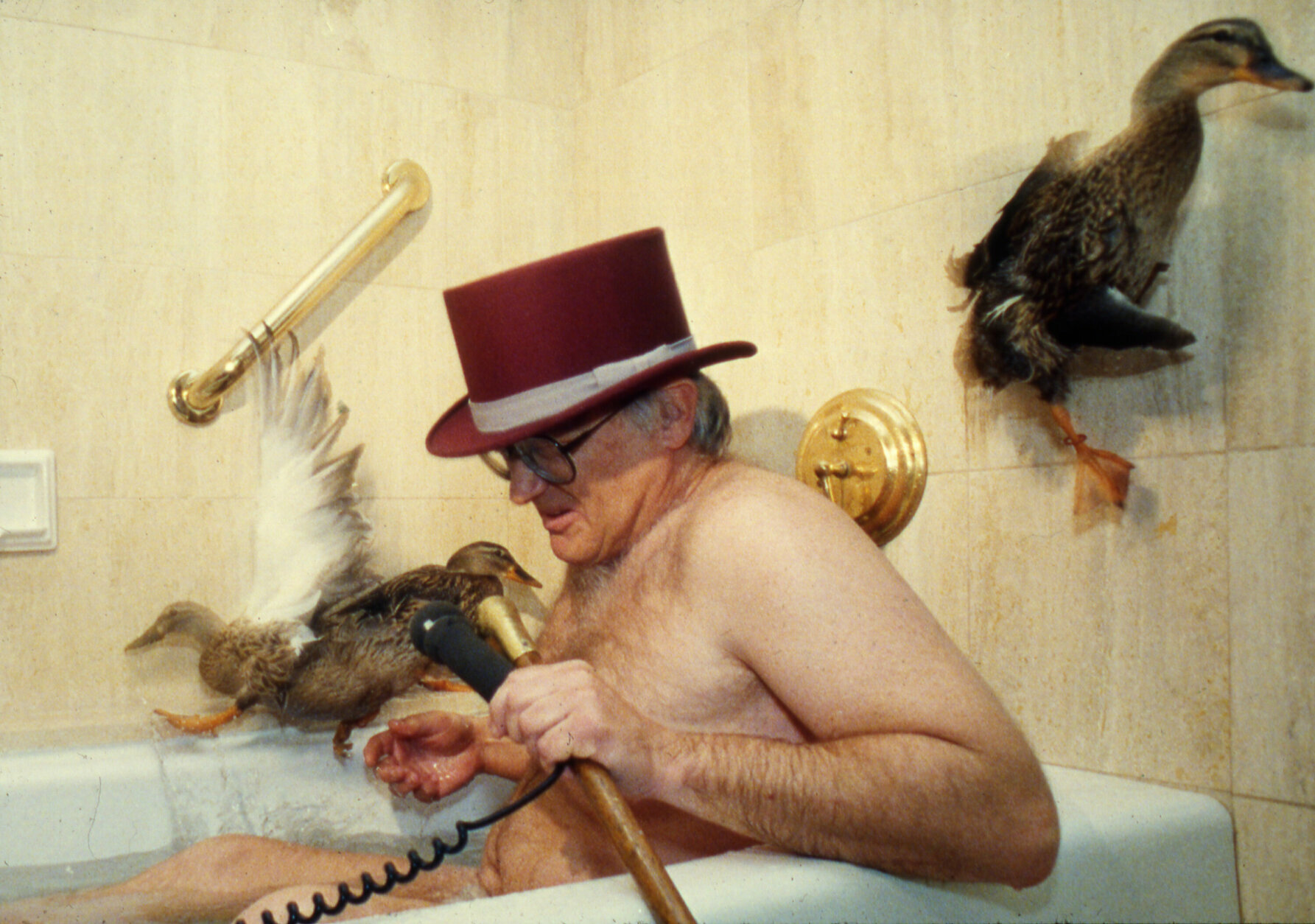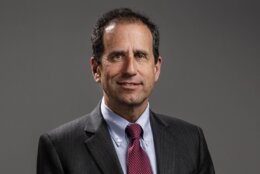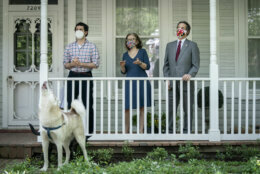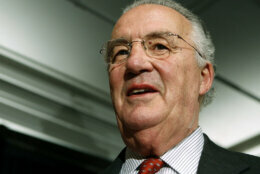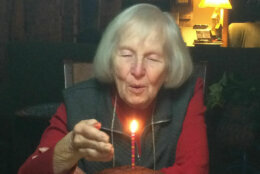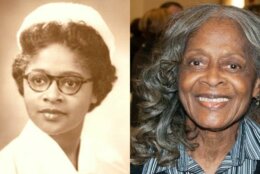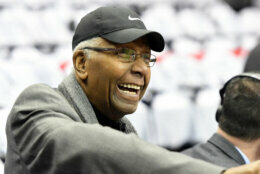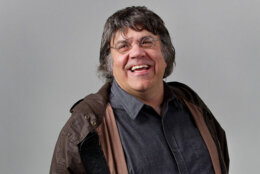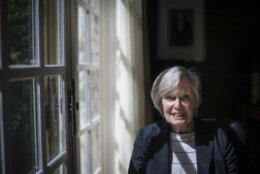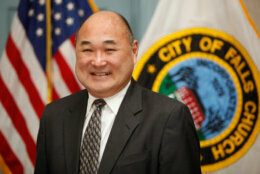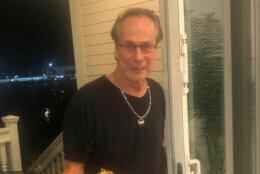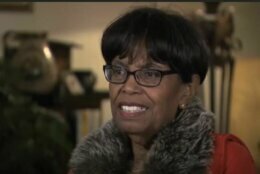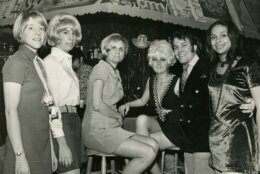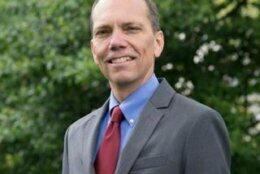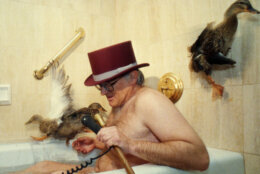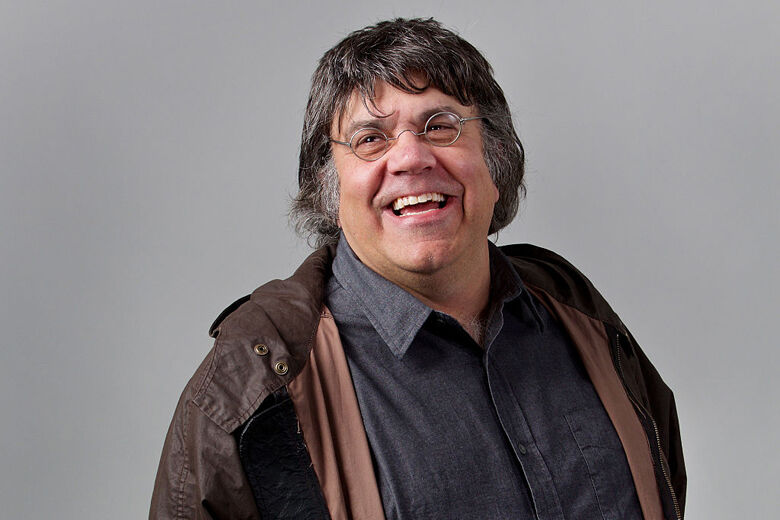
D.C. nightlife as you know it owes a lot to Joe Englert, who for decades left his mark on many of the District’s favorite bars and dives.
A longtime friend and business partner remembers Englert, 59, who died Thursday, and the legacy of people he has helped and worked with along the way.
WTOP has learned that Englert died from complications from a recent surgery. Englert’s friend and business partner Kyle Remissong remembers him as “energetic” and a “steamroller that could not be stopped.”
Englert was instrumental in revitalizing H Street Northeast as a night-life destination with popular places, such as The Argonaut, The Palace of Wonder, Rock & Roll Hotel, The Red and the Black, The Pug and H Street Country Club, among others.
When Englert started, some of the places on H Street had not been touched since the 1968 D.C. riots, Remissong said.
Englert went forward and “resurrected H Street,” making it an entertainment district and helping the few places that were already there, Remissong said.
But before that, Englert founded several restaurants and bars across D.C. The Big Hunt, DC9, Andalusian Dog, Carmela Kitty’s, Nero’s, Pennsylvania Avenue Pourhouse, State of the Union, Trusty’s, The Rock and Lucky Bar. That’s just a partial list.
There are many more, including the other bars and restaurants inspired by his example, which all contributed in how D.C. unwinds and lets loose after a day’s work, in how people hang out with their friends, and in how people meet and get to know each other.
Remissong said that he’s known at least 16 couples who met at The Big Hunt.
“Think of those memories for those 16 couples that I’m aware of and multiply that by 30 bars, 30 meeting places,” Remissong said.
And those 30 don’t include the other places that former employees and partners opened, inspired by Englert’s work.
Englert didn’t want to lose people to other spots, so he had to open more bars.
“As I called it, it was his addiction. He loved opening places,” Remissong said.
But Remissong said that Englert knew that the most important part of a business, regardless of what kind of business it was, was the people. Englert took along people with him as he opened one bar after another.
“He was smart enough to know what he wasn’t good at, which were the nuts and bolts; he had no interest,” Remissong said.
“He painted all the pictures, but he needed people to make the frames, make sure the picture hung straight. He found the people that made the museums work, and his bars were museums.”


